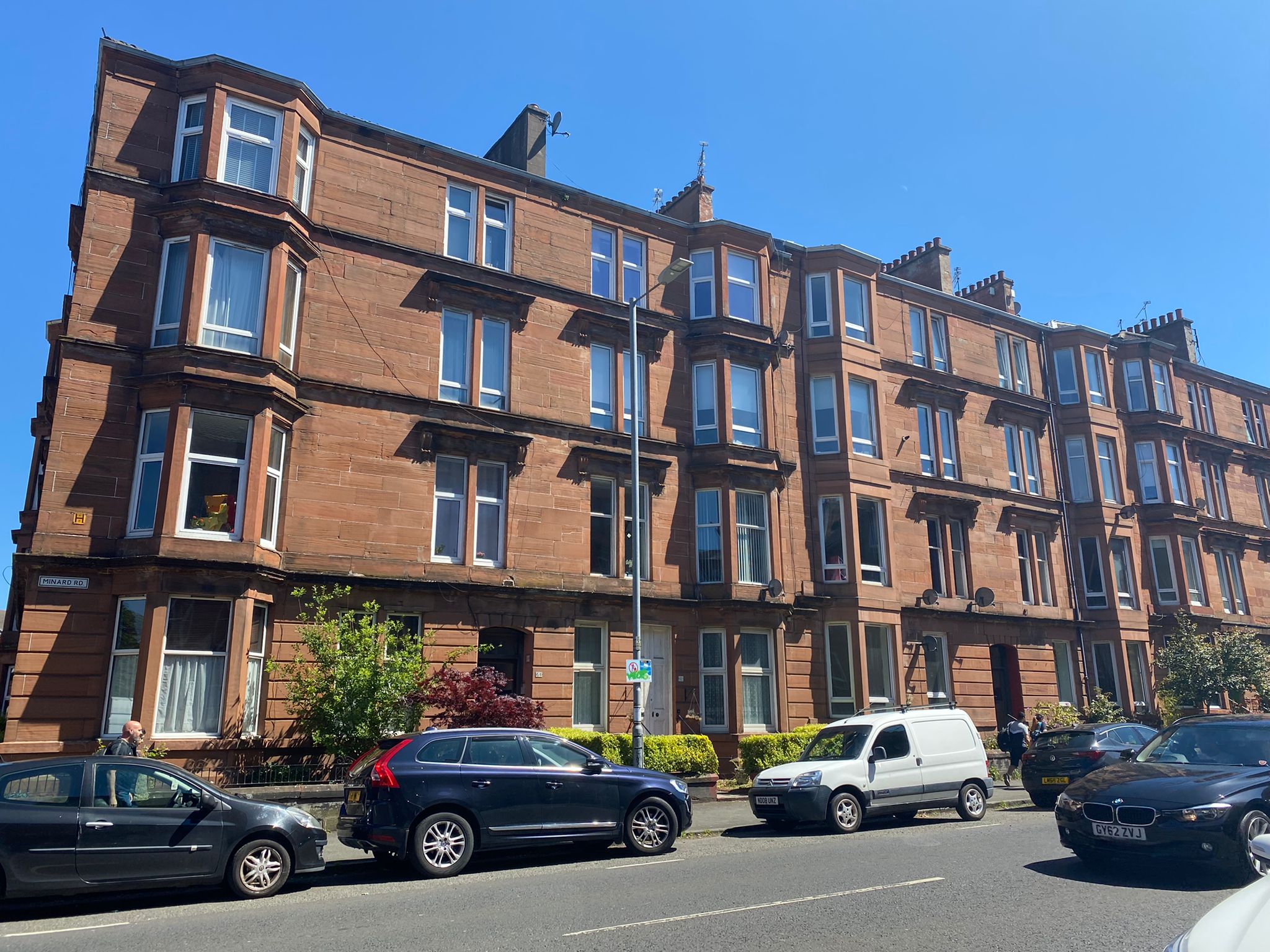Housing emergency declared in Glasgow

Glasgow City Council has become the third local authority in Scotland to formally declare a housing emergency after it highlighted “unprecedented” pressures in relation to homelessness.
The declaration comes after the Home Office revealed plans to speed up thousands of asylum claims by the end of the year. Councillors met on Thursday morning to vote on a motion warning the decision to send up to 2,500 people to the city could spark a homelessness crisis.
The council had previously warned the resulting increase in homeless applications is set to cost more than £50 million and see many people left sleeping rough.
The UK Government confirmed it will not provide funding to councils to help manage the costs.
Councillor Allan Casey, convener for workforce, homelessness and addiction services, said there was no doubt the pressures Glasgow is facing constitute an emergency.
“We agree with partners that we urgently need resources to help us deal with these added pressures,” he said.
“We also need the UK Government to pause their unconscionable asylum-batching decision, which is already increasing homelessness and destitution, until they work with us to put a proper plan in place and commit to fully funding their decision.
“As our report outlines, referrals from Mears, the company which currently provides accommodation for those awaiting asylum decisions here in Glasgow, have doubled in recent months.
“The city is experiencing an overwhelming increase in people presenting as rough sleepers as well as a significant rise in individuals, from elsewhere in the UK, seeking assistance here in Glasgow.”
Glasgow’s declaration of a housing emergency comes four weeks after the City of Edinburgh Council did the same, citing the capital’s record homelessness figures along with a severe shortage of social rented homes and spiralling private rental costs. Councillors in Argyll and Bute agreed a similar motion in June in response to mounting pressures in the local housing system.
Edinburgh has since published a draft Housing Emergency Action Plan to begin to address its concerns while Argyll and Bute held a Housing Emergency Summit to bring partners together to pledge commitments aimed at increasing supply.
Shelter Scotland has been leading the campaign for local authorities and the Scottish Government to declare a housing emergency.
In a deputation to the Glasgow City Council committee, the charity’s director Alison Watson said Glasgow had been in a housing emergency for some time and cited the thousands of children stuck in temporary homeless accommodation, the chronic shortage of social housing, and the rising number of live homelessness applications as evidence of scale of the city’s challenges.
Ms Watson, said: “Thousands of children in Scotland’s largest city have nowhere to call home, private rents are out of control, and overstretched homelessness services simply can’t cope with demand – Glasgow is clearly in a housing emergency.
“Glasgow’s housing emergency is long standing, and we’re pleased it has been formally acknowledged by councillors today.
“The root cause of the city’s housing emergency is a chronic lack of social housing, but it’s been exacerbated by a cost-of-living crisis, the pandemic as well as the uncaring, thoughtless, actions of the Home Office.
“By coming together to acknowledge that reality today, councillors now have licence to deliver the emergency response needed – it’s vital they do so.
“Of course, there are aspects of the housing emergency that are beyond the council’s control, both the UK and Scottish governments must share responsibility, but people in Glasgow are crying out for action and every level of government has a duty to respond.
“The declaration of a housing emergency must be just the beginning of a journey for Glasgow – one which ends with everyone in the city having somewhere warm, safe, and secure to call home.”
A UK Government spokesperson said: “We are committed to ensuring asylum claims are considered without unnecessary delays.
“Once someone is informed that their asylum claim has been granted, they get at least 28 days notice to move on from their asylum accommodation.
“Support is offered to newly recognised refugees by Migrant Help and their partners, which includes advice on how to access Universal Credit, the labour market and where to get assistance with housing.
“We are working with local authorities to help communities manage the impact of asylum decisions as the legacy backlog reduces.”







